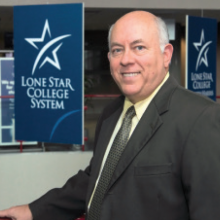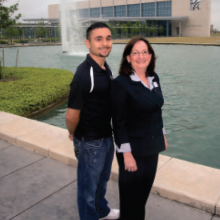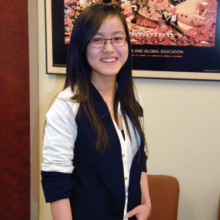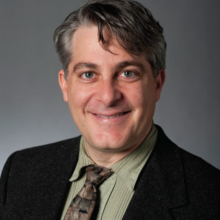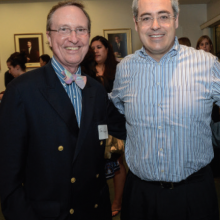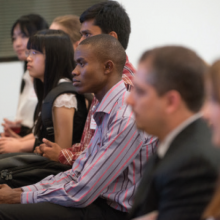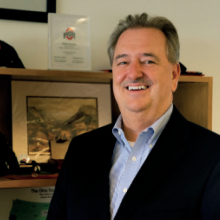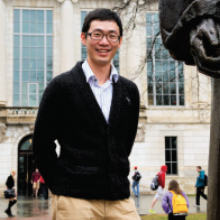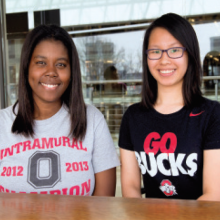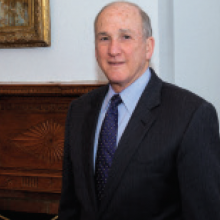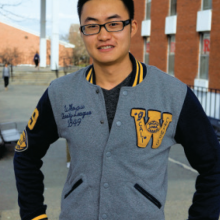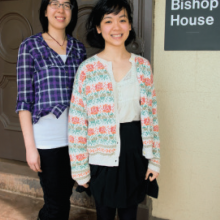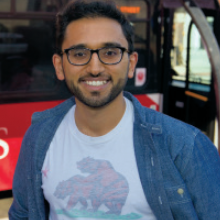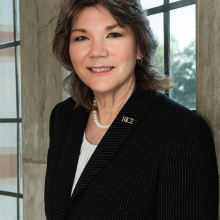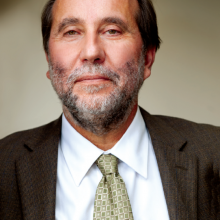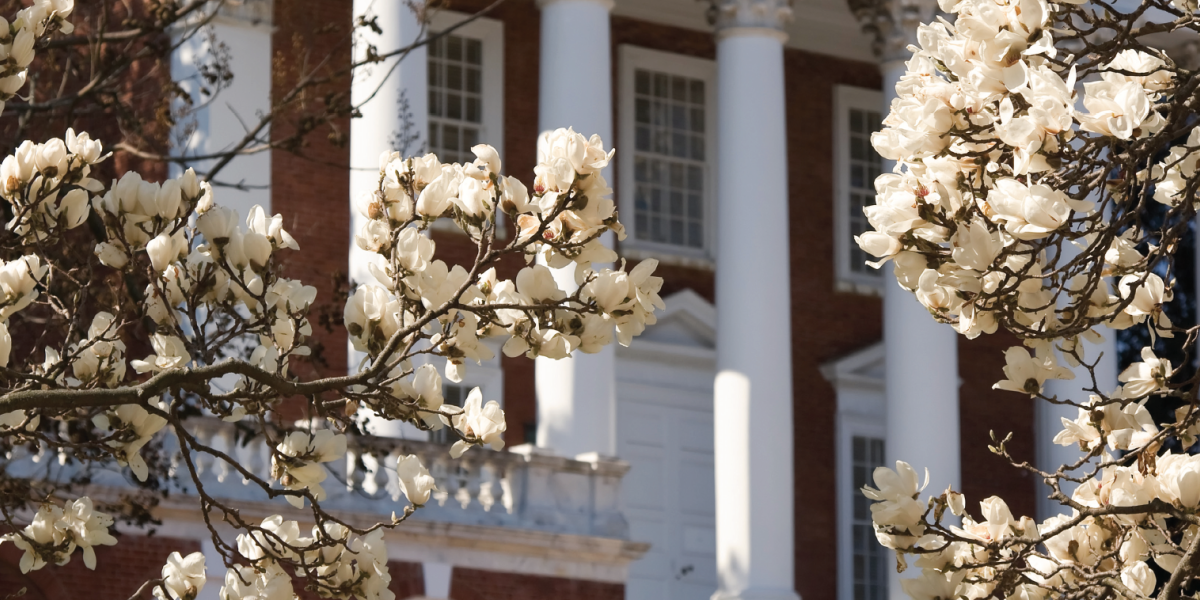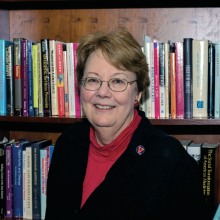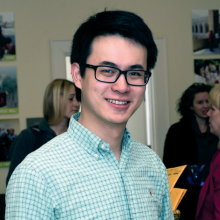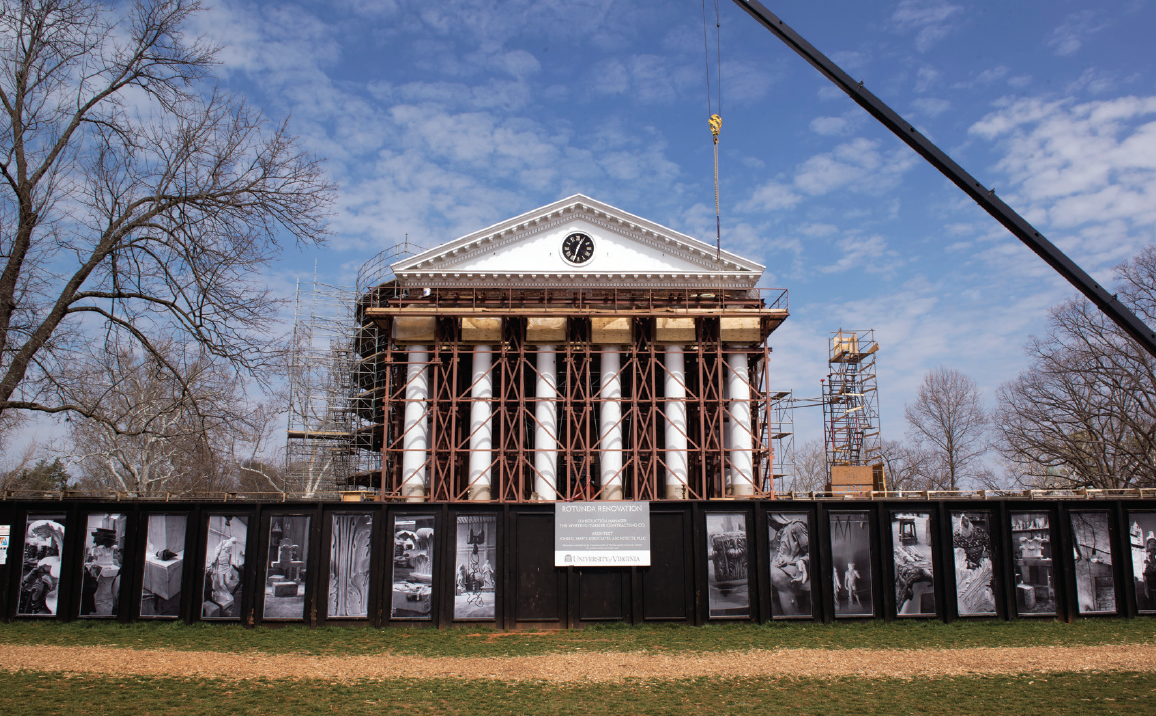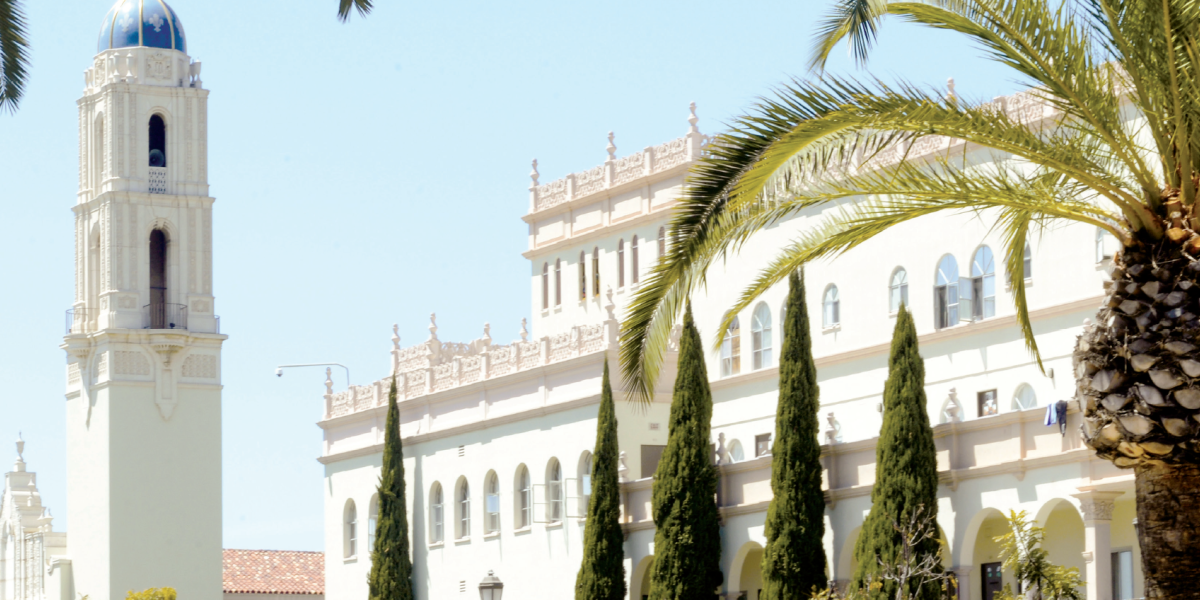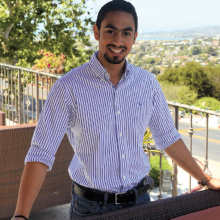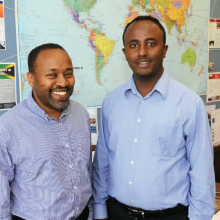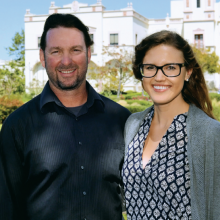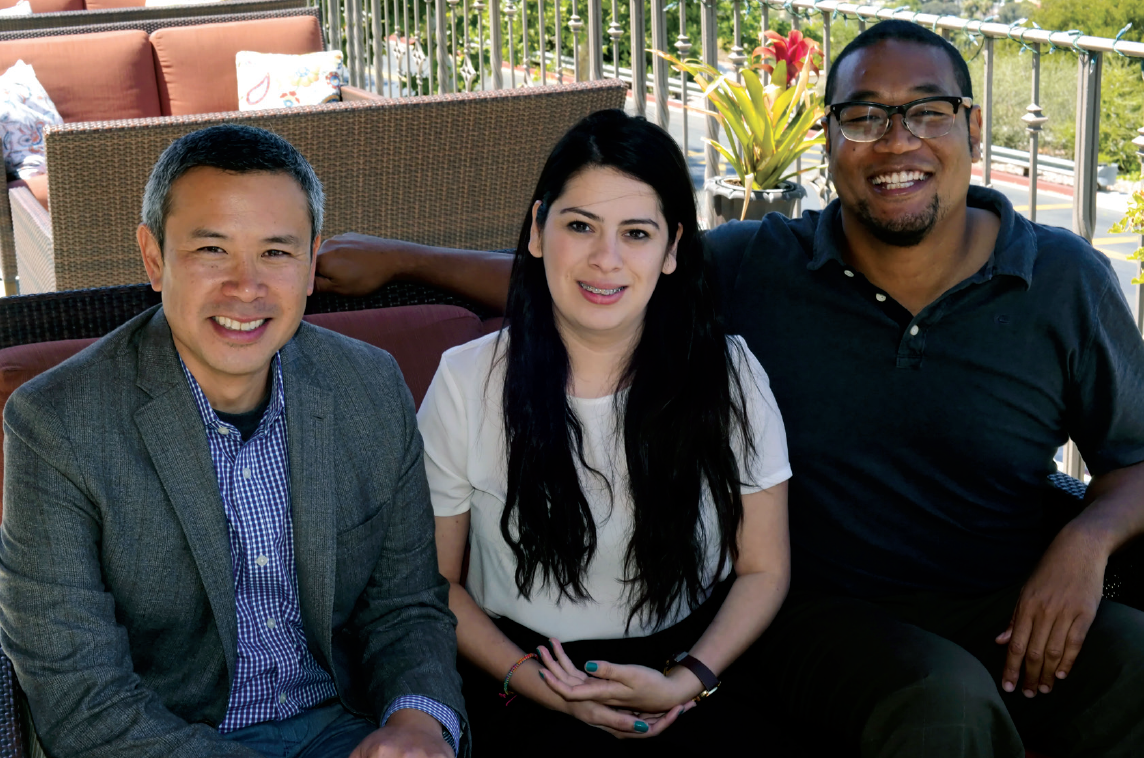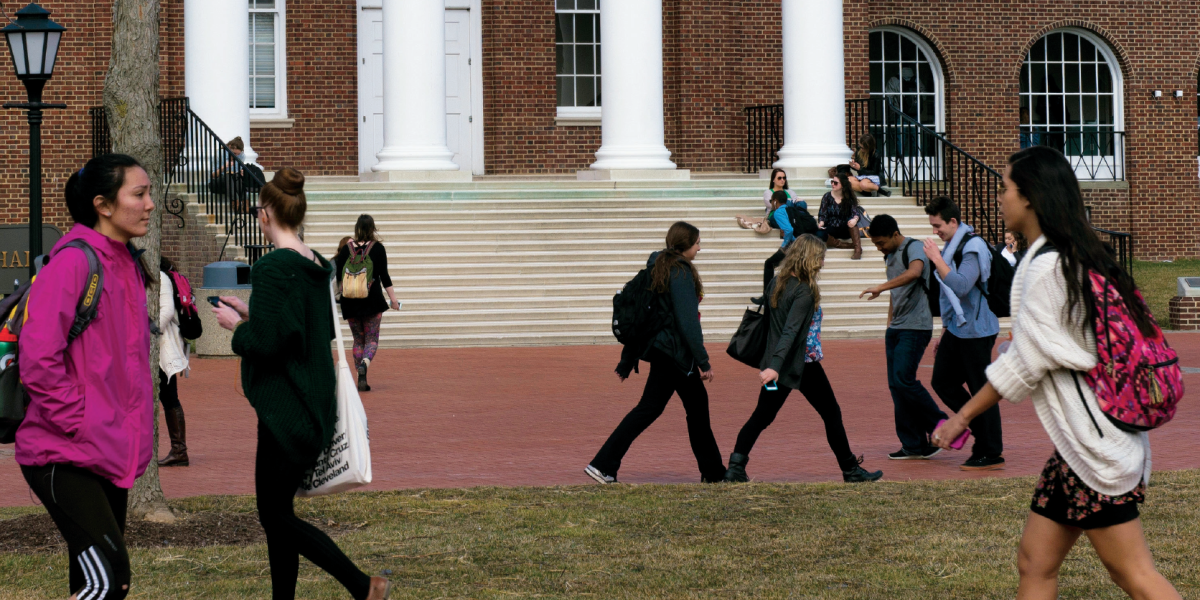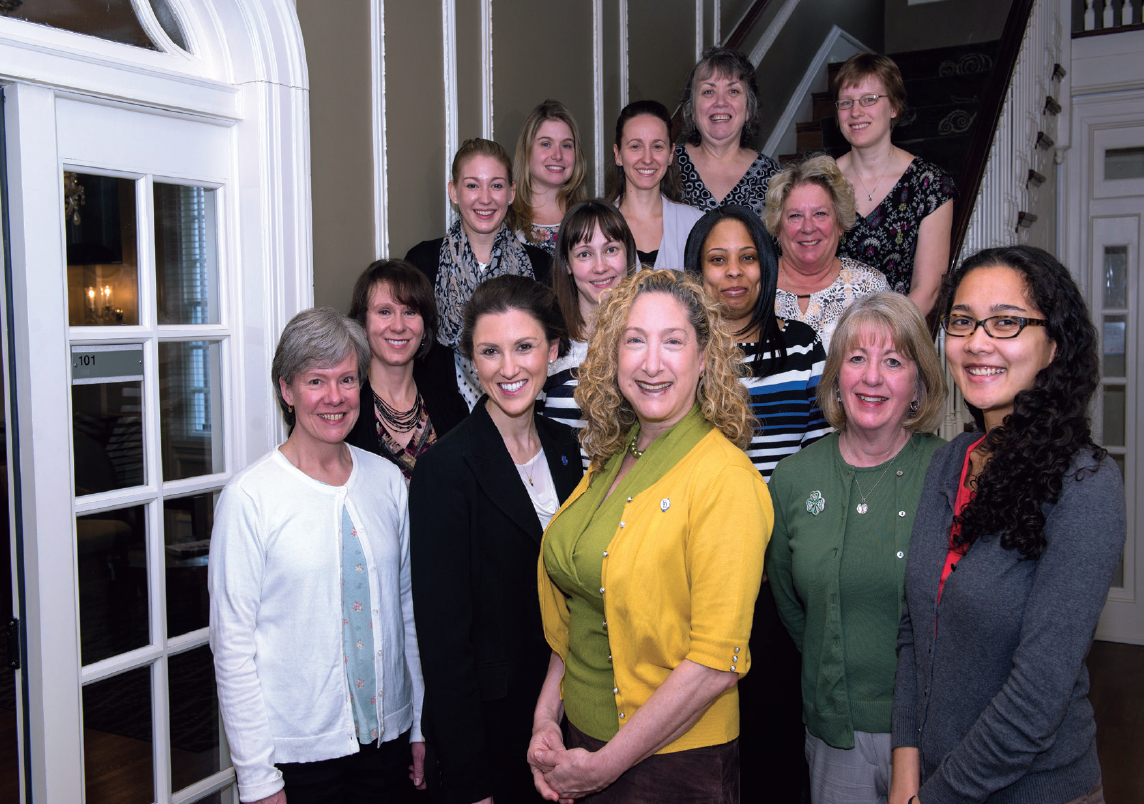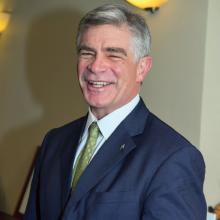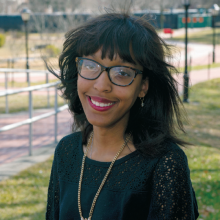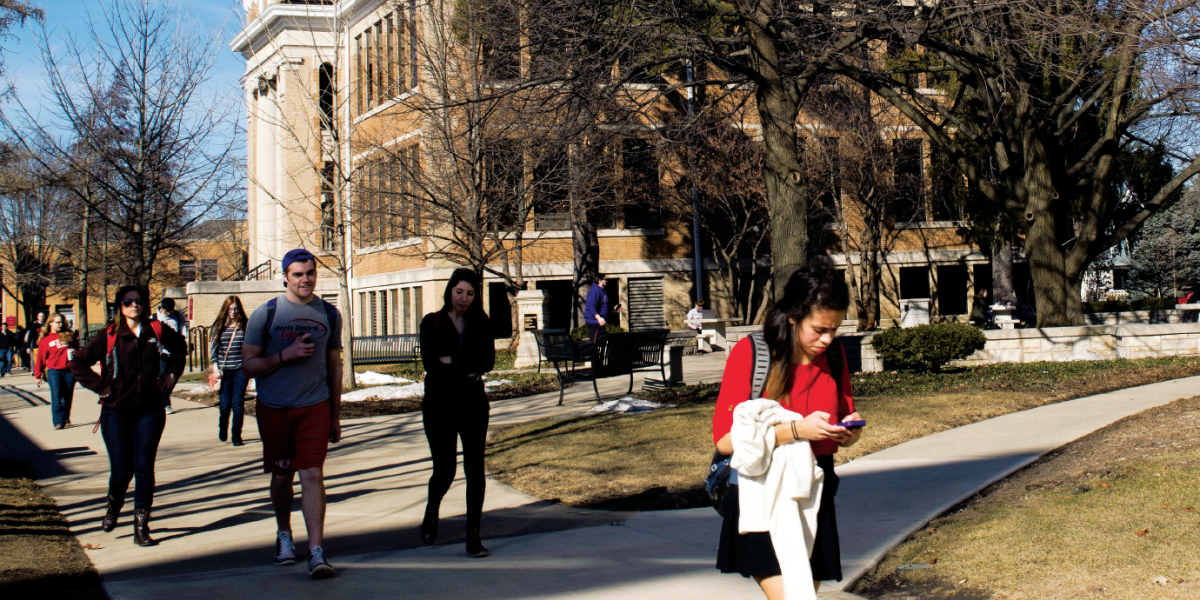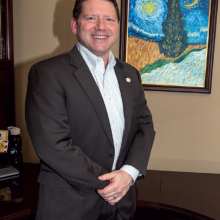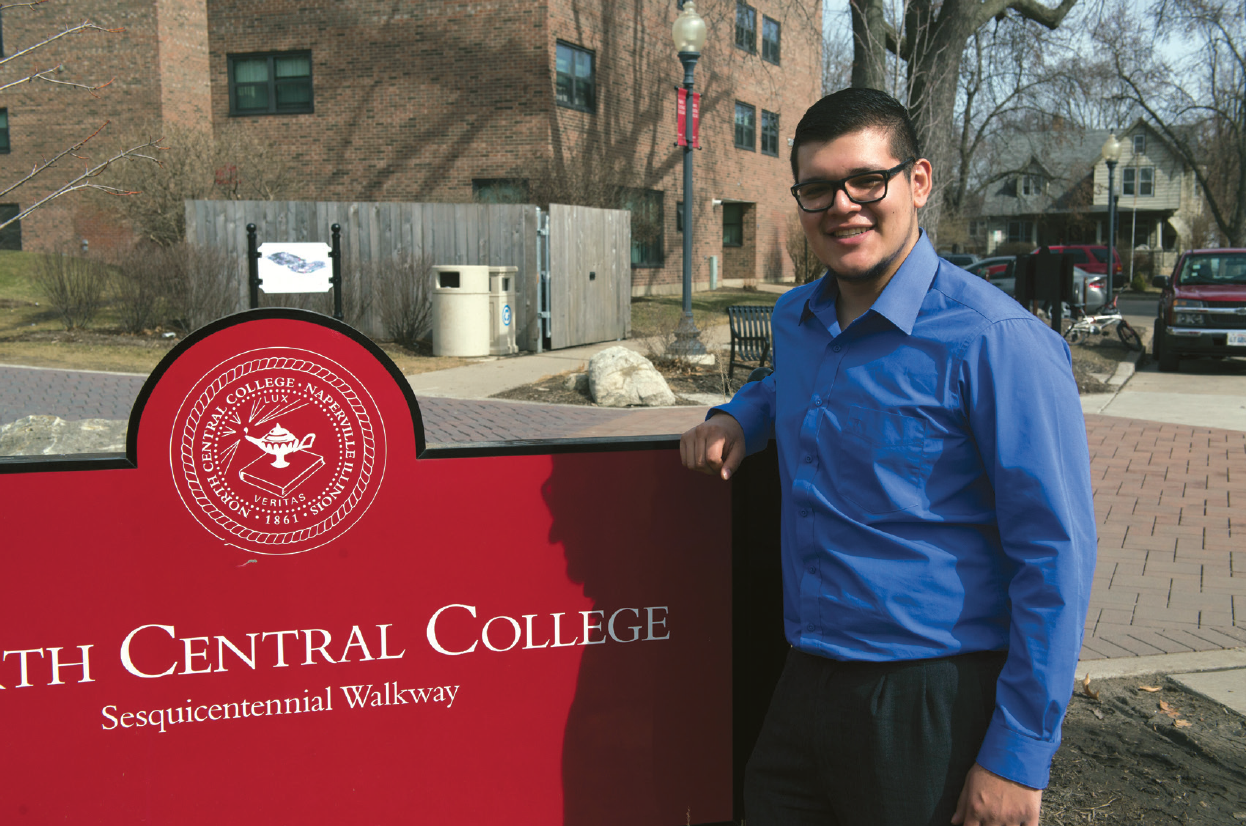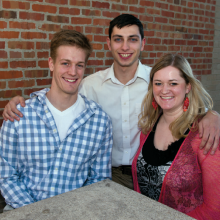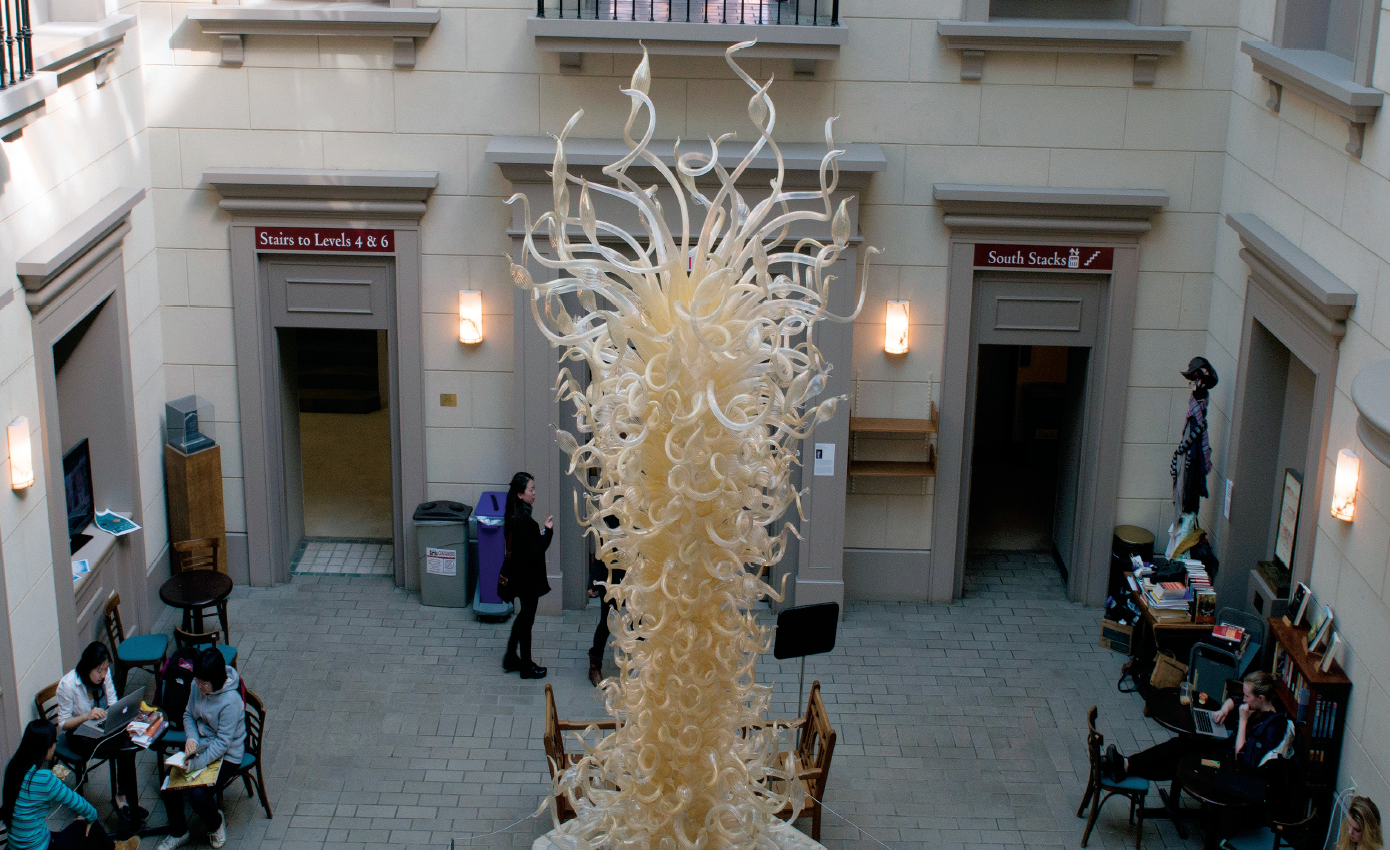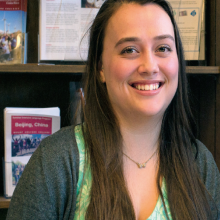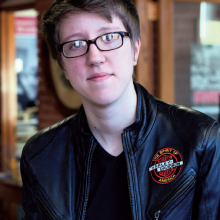2013 Comprehensive Lone Star College System
Amid dizzying growth in communities ringed around north Houston, the newest expansion of the 78,000-student Lone Star College System will add just 300 to 350 students—in Jakarta, Indonesia. It is a modest enterprise by Texas standards but is in keeping with other Lone Star efforts to internationalize the education it delivers at its six colleges to all students—2,000 of whom are international.
The architect of this expansion is Chancellor Richard Carpenter, who as a foster child in Louisiana foresaw a future painting houses before a music scholarship to a community college altered his personal trajectory. He became at 29 the country’s youngest college president in a Kentucky community college and ran systems in Nevada and Wisconsin before becoming Lone Star’s chancellor in 2007. He is a veteran of several economic development missions abroad led by governors and has seen how much interest there is among foreign leaders in building U.S.-style community colleges of their own to expand opportunity. “They look at it like they discovered gold,” said Carpenter, who sits on the board of Community Colleges for International Development, Inc. “We are American ambassadors. We take the American dream and plant it around the world.”
Magnet for International Students
Lone Star, founded in 1972, was North Harris Montgomery Community College District before adopting its current name in 2007. Lone Star’s enrollment stood at 49,000 in 2007. Its growth surge was fueled by the recession that sent unemployed workers to community colleges to improve their job prospects. Local voters approved a $420 million bond issue for expansion in 2008, and in 2012 Lone Star opened a sixth campus, University Park, in office space that once was the headquarters of Compaq computers. But a half-billion dollar bond issue was rejected in May 2013, which may apply the brakes to future growth.
Houston, a global center for the oil and gas industry, remains a powerful magnet for international students. Houston Community College enrolls 5,800, more than any other two-year college. Lone Star was fourth in 2011–12 with 2,000 and has had as many as 2,500. They pay $5,000 a year in tuition, a quarter of what University of Houston charges. “What a gift to get a solid education here and transfer that to a four-year university,” said Nithyanantha J. Sevanthinathan, Lone Star’s chief international officer who heads strategic global partnerships, and “Nithy” to everyone.
Internationalizing the Faculty
Lone Star committed itself to an international course when it established an International Programs and Services (IPS) office in 2004. Nithy, the first director, formulated the framework and implementation. In 2008 IPS began awarding $4,000 Faculty International Exploration (FIE) awards to encourage faculty to internationalize the content of their courses and create education abroad programs. Fifty-five faculty have shared $270,000 in awards. The first went to then-band director James Stubbs, who visited jazz festivals in Europe and returned the next summer with students who performed at the famed Montreux Jazz Festival in Switzerland and in Italy. “We felt like celebrities,” said Stubbs, now dean of arts and humanities at Lone Star-Kingwood.
Only 41 students studied abroad in 2011–2012, even with the college offering 15 scholarships up to $2,000. “Program cancellations due to low enrollments have been the biggest challenge,” said Malaysian-born Nithy. Six of ten courses offered for summer 2013 were cancelled. Lone Star-North Harris Art Professor Eric Sims has tried unsuccessfully to run an art appreciation program to Spain, but said, “I haven’t given up. Many of these students have never been out of Houston. This is a life-changing experience.”
Stirring Imaginations
Still, Lone Star faculty have taken students to Italy, China, the Philippines, Sri Lanka, and Tanzania, and the FIE awards are a powerful stimulant for faculty imaginations. Lone Star-CyFair Psychology Professor Lori Richter and Adjunct Professor Davida Rogers took 16 students in June 2013 to Tanzania, where they studied orphans and children at risk, performed service, and took a safari in the Serengeti. Richter, a former Peace Corps volunteer in The Gambia who also lived in Kenya, said, “I just want our students to experience my experience. I want them to feel like the whole world is open to them.”
Christopher Garcia, 19, a business student and the sole male in the Tanzania group, saved money from several jobs to go. “I’ve been looking at study abroad since I got to Lone Star,” said Garcia, who helped organize a community service project last spring in Houston that drew more than 300 volunteers. Garcia aspires to become an international businessman and when he does, “I want to be culturally sensitive.
Like Richter, Lone Star-Montgomery Spanish Professor Norseman Hernandez, who grew up in poverty in Honduras, embodies a passion for education abroad. “I was one of the kids selling food to people on buses. It’s been a long way for me to be here,” said Hernandez, who’s led students to Mexico twice and Chile once.
“My classes aren’t just about uno, dos, tres, and Ola! Como está? They’re about the world,” said Norseman, who as a boy dreamed of being a pilot. He uses Google Earth in his classes and assigns students to make presentations on different parts of the world. “I also learn. It’s like I’m traveling and I’m there, too,” he said. “I’m not in a cockpit, but I get to go wherever I want now.”
“I’ve been looking at study abroad since I got to Lone Star,” says Garcia, an aspiring businessman. “I want to be culturally sensitive.”
International Education Conferences
The pride of Lone Star’s international programming is the International Education Conference it has held each spring since 2004 where prominent speakers address global issues and Lone Star’s own professors give workshops on their international explorations. The conference sprang from a Title VI international studies grant that the North Harris campus won in 2002. “Everything international comes from that grant,” said Anne Albarelli, dean of academic affairs at North Harris. She and Theresa McGinley, dean of instruction in the Social and Behavioral Sciences, Business and Economics Division, spearheaded that effort and today serve on the conference planning committee and the IPS Council.
Lone Star has spent $60,000 on the conferences over the years. The keynote speaker at the 10th conference in April 2013 was Middle East expert Mark Kimmitt, a retired brigadier general and U.S. State Department official. Lone Star has also piggybacked with the World Affairs Council of Houston to host such figures as Lech Walesa, the former Polish president and Nobel Peace Prize laureate. McGinley, whose parents survived World War II in Poland, said she always brought international perspectives to her U.S. history courses. Today more than 70 Lone Star courses carry an international studies designation.
Nithy is the impresario of the conferences. He was an international student once who came to Minnesota to pursue opportunities largely unavailable to Malaysia’s Hindu minority. With Fulbright support, he earned a peace studies degree and two MAs while organizing bicycle treks across the United States, South America, and Africa that schoolchildren followed online. “My dream was to journey the whole world on a bicycle,” said Nithy, whose father was a shipyard laborer.
Saving Vietnamese Parents Money and Visiting Wall Street
The largest number of international students come from Mexico, Columbia, Venezuela, Vietnam, and Nepal. Some live with relatives in Houston and commute to Lone Star. The six campuses are more suburban than urban. “They look like (international students’) image of what an American college looks like,” said Melvin Anthony of Lone Star-CyFair, one of 14 international student advisers.
That is the route second year student Chi Cao, 20, followed, journeying from Danang, Vietnam, four years ago to live with an uncle in Houston while she completed high school and enrolled at Lone Star. “I decided to go to Lone Star to save my parents money,” she said. They are going to be saving a lot more. In April 2013 she won a $30,000-a-year scholarship that the Jack Kent Cooke Foundation awards to top community college students. Cao is headed to Texas A&M University and looking forward to buying textbooks for the first time instead of reading reference desk copies in Lone Star’s library.
Cao, a finance major who hopes to help Vietnam develop its financial system, revived a moribund international club at Lone Star, won class office, and was on a Model United Nations team that convened in New York. “As an international student, if you only have grades, it’s not going to help you get into a good school. You have to be involved in school and get this on your resume,” she said. Cao got to visit Wall Street on the New York trip. “It inspired me,” she said.
Naziat Khan, 24, was also on that Model UN team, which represented Bhutan, a Hindu country in the Himalayas. Born in Bangladesh and raised in Texas, Khan, who is Muslim and wears a hijab, said it was hard at first “to think like a Bhutanese.” Now she’s convinced that the best way to resolve problems is to “step into somebody else’s shoes.”
Expanding Overseas Without Taxpayer Dollars
Lone Star will offer dual degrees in Jakarta in a partnership with the Putera Sampoerna Foundation. Classes will be taught in English by Lone Star and local faculty. The venture came about after Nithy met a representative of the Foundation at a State Department-sponsored conference. Putera Sampoerna is an Indonesian industrialist whose foundation was looking for a four-year U.S. college to partner with its new Universitas Siswa Bangsa Internasional. Nithy convinced the foundation executive that Lone Star was worth a look. Sampoerna himself visited and liked what he saw.
Carpenter traveled to Jakarta three times and Nithy four times in advance of the opening. “We sat with the people in Jakarta and said, “We have a lot of expertise. We have the curriculum you need, we have instructional designers, we have technology and IT infrastructure, but we don’t take taxpayer money outside of our neighborhood,” said Carpenter. The foundation agreed to cover Lone Star’s costs up front, including salaries and expenses for two faculty and an administrator, with the expectation that Lone Star will repay that after the college starts generating profits.
Getting Used to Accents
Shah Ardalan is president of Lone Star’s sixth and newest campus, University Park. An electrical engineer who was born in Kurdistan, Ardalan was formerly the system vice chancellor and chief information officer. He has a patent pending on a digital career planning system that has won plaudits from the U.S. Department of Education. Ardalan wants to make University Park, which offers upper division classes in partnership with five Texas universities, “a model as the innovative college for the twentyfirst century.”
Ardalan believes Lone Star should cast an even wider net for international students. “I want to be a reflection of what the real world is. It’s good for (international students) and good for my American students, too,” he said. When a Texas student complained about a professor’s accent, Ardalan told him to get used to it “because you’re going to hear more and more accents. When you pick up the phone, you cannot expect everybody to talk with the ‘nice’ accent you were raised with.” No one else had trouble understanding the professor, Ardalan noted.
Dreaming in English
Ita Jervis spoke almost no English when she moved to Houston from Ecuador in 2001. She enrolled immediately in ESL classes, graduated summa cum laude from Lone Star and the University of Houston, and today advises international and ESL students at Lone Star-Kingwood. “What I love about Lone Star,” Jervis said, “is that we act. It’s not just words, it’s actions. We’re not waiting for tomorrow. Everyone works together as a team to do the best for our students.”
She often tells students what she told a classmate who addressed her in Spanish when both were ESL beginners: “Right now our mission is to speak English, so let’s practice speaking English within ourselves, because the faster we learn the language, the better we can achieve our goals.”
Her husband, who worked for an oil company and spoke English, told her that she’d know she was speaking the language, not just translating words, when she dreamed in English. The night that happened, she woke up and “just started jumping, I was so happy,” recalled Jervis.
“What I love about Lone Star,” Jervis said, “is that we act. It’s not just words, it’s actions. We’re not waiting for tomorrow. Everyone works together as a team to do the best for our students.”
She also counsels students to believe in themselves. “The first thing that happens when you come to a different country is that you lose your self-confidence, whether you are educated or not, poor, middle class, or rich. You feel stupid,” she said. One day, she assures them, they’ll be dreaming in English.


